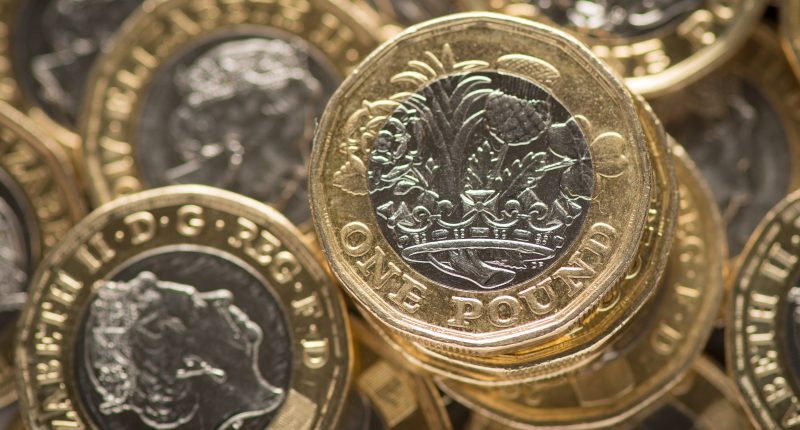WAGES are continuing to rise for millions of workers as earning outstrip inflation at the fastest pace for two years.
Official figures released today by the Office for National Statistics (ONS) reveal regular pay, excluding bonuses, stood at 7.7% in the three months to September this year.
This was down from the previous three months and a record high of 7.9%.
But taking into account inflation, which measures how much prices are rising, wages increased by 1% – the highest increase in real wages since the three months to September 2021.
A growth in wages is good news for millions of workers who have been battling against high inflation in recent months.
Inflation is easing remaining at 6.7% in September – the same level it was at in August.
READ MORE IN MONEY
Official figures for October are due out on Wednesday and it is expected to drop to below 5% for the first time in two years.
Commenting on today’s figures, ONS director of economic statistics Darren Morgan said: “With inflation easing in the latest quarter, real pay is now growing at its fastest rate for two years.”
If pay rises by less than inflation it squeezes income, leaving people worse off.
Inflation is a measure of how much goods and services are worth in a given period.
Most read in Money
But wages are now rising faster than prices for the first time since September 2021, easing pressure on hard-up households.
Meanwhile, today’s figures also show growth in average total pay, which includes bonuses, was 7.9% in July to September.
This total annual growth rate is affected by Civil Service one-off payments made in those months.
Today’s figures come ahead of the Autumn Statement next week.
In the statement, the Chancellor Jeremy Hunt will outline the government’s plans for tax hikes, cuts and things like changes to the minimum wage.
Comment on today’s figures, The Chancellor said: “It’s heartening to see inflation falling and real wages growing, keeping more money in people’s pockets.
“Building on the labour market reforms in spring, the autumn statement will set out my plans to get people back into work and deliver growth for the UK.”
What it means for your money
A growth in wages is good news for millions of workers who have been battling against high inflation in recent months.
Alice Haine, personal finance analyst at Bestinvest, said: “A rising real wage technically delivers a boost to workers’ standard of living as it means the money they earn can stretch further, though it is important to note that the rise is an average and does not mean the cos of living challenges are easing for everyone.”
While high wage growth can ease the pressure off households it does run the risk of fuelling inflation if businesses pass on that cost to customers by increasing the price of goods and services.
This would add extra pressure to household budgets at a time when energy prices are under threat from geopolitical tensions and rising demand as the colder weather sets in.
Alice added: “Headline inflation is expected to drop below 5% for the first time in two years when the October figures are released on Wednesday – delivering a boost to Prime Minister Rishi Sunak who made a pledge in January to halve inflation by the end of the year.”
Rising wages have previously been blamed for keeping inflation high by Bank of England bosses.
The Bank’s Monetary Policy Committee (MPC) held the base rate at 0.25 percentage points to 5.25% earlier this month.
This was the second time in a row that the bank decided to hold the base rate, easing pressure on homeowners facing rising mortgage rates.
Interest rates could be cut by the Bank of England as soon as May, experts are now predicting.
Analysts at Wall Street financial services giant Morgan Stanley said falling energy costs will bring down inflation — paving the way for reducing the current high of 5.25 per cent.
The US bank predict rates could be a full point down to 4.25 per cent by the end of next year.
High-street banks use the BoE base rate to work out the interest rates it offers to customers.
Read More on The Sun
A hike means the cost of borrowing, including loans, credit cards and mortgage repayments become more expensive.
You can also join our new Sun Money Facebook group to share stories and tips and engage with the consumer team and other group members.









